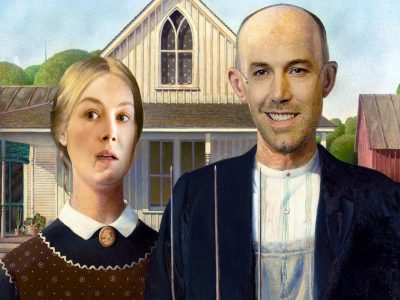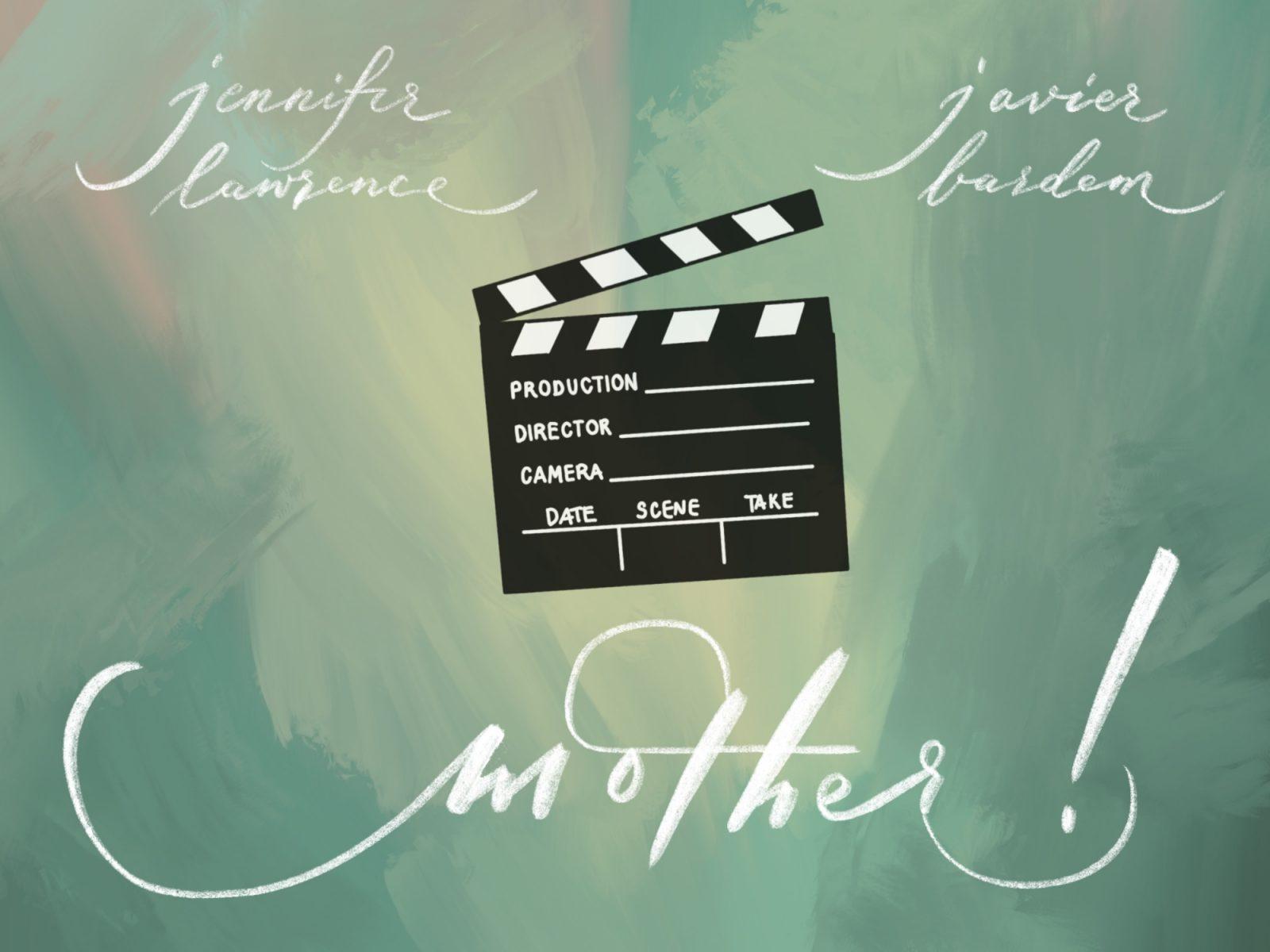David Fincher’s 2014 psychological thriller “Gone Girl” is a simple story: a wife goes missing and her husband becomes a person of interest in the investigation. It’s a tale that depicts love, revenge and the deep-rooted insecurities that result from capitalism’s reinforcement of gendered illusions. Quite formulaic, really.

Amy Dunne is a relatable character for many female viewers. She eats hot dogs and chugs beer. She’s probably at least a Veteran in Call of Duty. And on top of all that, she’s hot.
She’s a cool girl. Well, except for the part where she admits she’s not. Everyone knows the iconic speech. If you don’t, it’s probably hanging on one of your female friend’s bedroom walls.
The truth is she’s playing a character of herself formatted to be the perfect wife for Nick Dunne, who is of course, painfully average. But this dissection of the unreasonable societal expectations set for women is one of the more relatively obvious messages of the film.
The movie takes place in the aftermath of the 2008 recession, which is a vital piece of context that essentially influences the entire story. Both of the Dunnes have lost their jobs and moved from New York City to a small town in Missouri.
Things quickly go wrong in the marriage, one thing leads to another and suddenly, Amy is missing.
As the story unravels and the search for Amy continues, it is revealed to the audience how the couple’s economic issues affected Nick’s behavior leading up to his wife’s disappearance.
Nick is demoted from his role as the breadwinner of the family and takes it as a personal blow to his masculinity. He begins to overcompensate for this loss by neglecting and verbally abusing Amy, as well as cheating on her with his former college student.
Capitalism relies on men viewing their breadwinner status as integral to their identity so they continue to happily serve the economic machine. I sympathize with Nick in this aspect. The recession altered him in a real and understandable way, but his resulting actions were unjustifiable.
The recession also causes Amy to lose her job at a New York City magazine, where she worked as a women’s personality quiz creator. We all know those quizzes. Marketed towards women, but centered around men.
This loss was symbolic of her decision to stop aligning her identity in accordance with the male gaze. In complete contrast to Nick, she feels empowered after losing her job and attempts to reclaim her agency.
She decides to stop wearing the facade of “Amazing Amy” and present her authentic self to Nick. However, Nick reacts poorly to this decision, and Amy begins to believe she was never truly loved.
When she realizes the extent of their irreconcilable differences, she begins her mastermind plan. She decides to do what any sane woman would do in her position: frame her husband for her disappearance.
I know what you’re thinking. If they’re so incompatible, why don’t they just get divorced? Fair question.
“Gone Girl” uses its characters Nick and Amy to demonstrate how people have these idealized versions of the way men and women should act when in love or in partnerships.
Gender roles rely on capitalism to maintain their illusion. Housewives and breadwinners make the world go round. The American economic model also reinforces the idea of the nuclear family and traditional marriage as a method to promote efficiency: more people plus more labor equals more money.
As a result, we have a society full of unhappy people who feel isolated in their failing marriages, and no one’s communicating with each other because everyone’s afraid to break the illusion.
People continue to maintain the facade of perfection out of fear and shame that their lack of success will be a reflection of their morals and character.
The 2008 recession made Amy and Nick become the worst versions of themselves but arguably the most honest versions. By the end, they see each other for who they really are.
Disillusioned with their previous notions of love, they have no other choice but to try to love each other unconditionally, with conditions.






























































































































Hannah • Feb 24, 2023 at 3:32 pm
she’s kinda right…